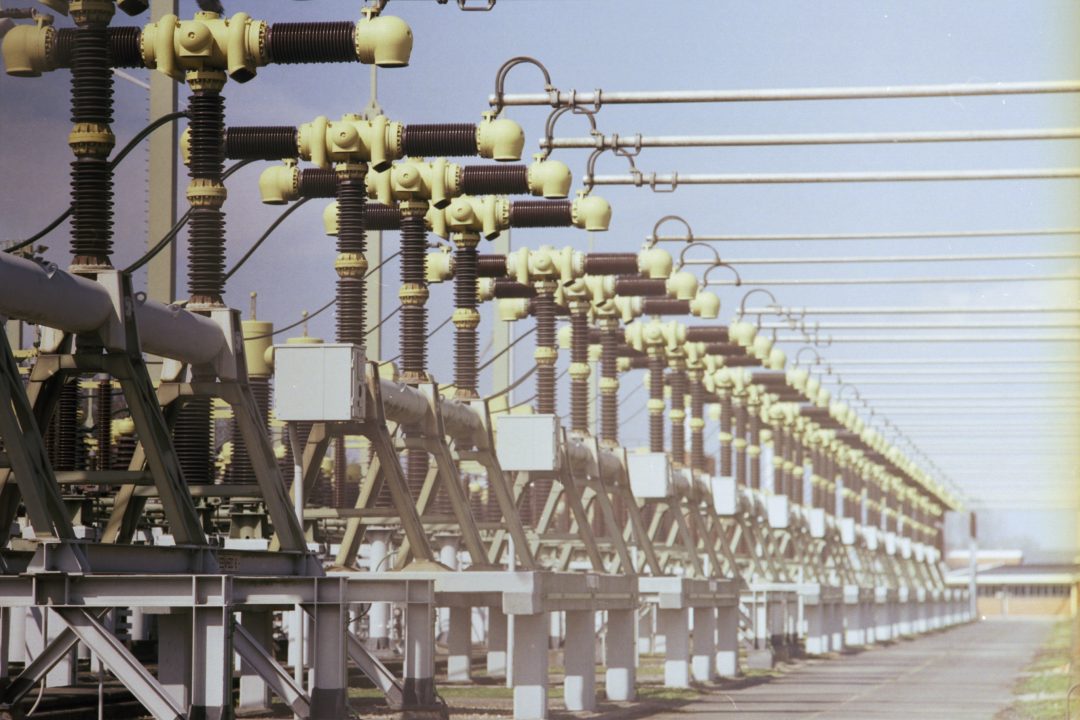
Urgent action is needed on electricity prices following the Australian Energy Regulator’s (AER) shocking revelation that almost 33,000 NSW households were disconnected from electricity in 2013/14, according to the Public Interest Advocacy Centre.
The AER’s report into the performance of the retail energy market, released yesterday, states that 32,940 households were disconnected for non-payment in 2013/14, which equates to around 130 families per week day being cut-off by electricity retailers.
Just 22% of these customers were concession-card holders, meaning more and more households who would not have been considered ‘at risk’ in the past are losing their power supply.
‘There is clearly a long-term trend of rising disconnections,’ said Dr Gabrielle Kuiper, Senior Policy Officer with PIAC’s Energy + Water Consumer Advocacy Program (EWCAP).
‘More families every year are experiencing periods when they have to cope without this essential service, wreaking havoc with their lives.
‘NSW now has some of the highest electricity prices in the world. Together with rising gas prices, energy is becoming unaffordable for low-income households, in particular.
‘Currently network prices, which make up about fifty percent of electricity bills in NSW, are almost double those in Victoria which is unjustifiable,’ said Dr Kuiper.
PIAC has also called on the NSW Government to investigate writing down the value of the NSW networks prior to the proposed sale of the state’s ‘poles and wires’. Research commissioned by PIAC found that a more realistic valuation of NSW electricity networks’ assets could cut bills for households by up to $325 per year.
Across the National Electricity Market, low-income households, in receipt of an energy concession, spent between 3.0 and 7.3 per cent of their income on electricity and between 1.9 to 3.4 per cent of their household income on gas. These price rises are translating into high levels of energy debt.
‘Worryingly, the AER’s data shows that a significant number of households have debts over $2500 before they are being placed on a retailer’s hardship program,’ said Dr Kuiper.
‘Given these high levels of debt and also disconnections, PIAC is recommending the NSW Government change its energy concessions to be proportional to use.’
MEDIA CONTACT: Media and Communications Officer, Gemma Pearce 0478 739 280.
Photo: Flickr/ MarkGuitarPhoto